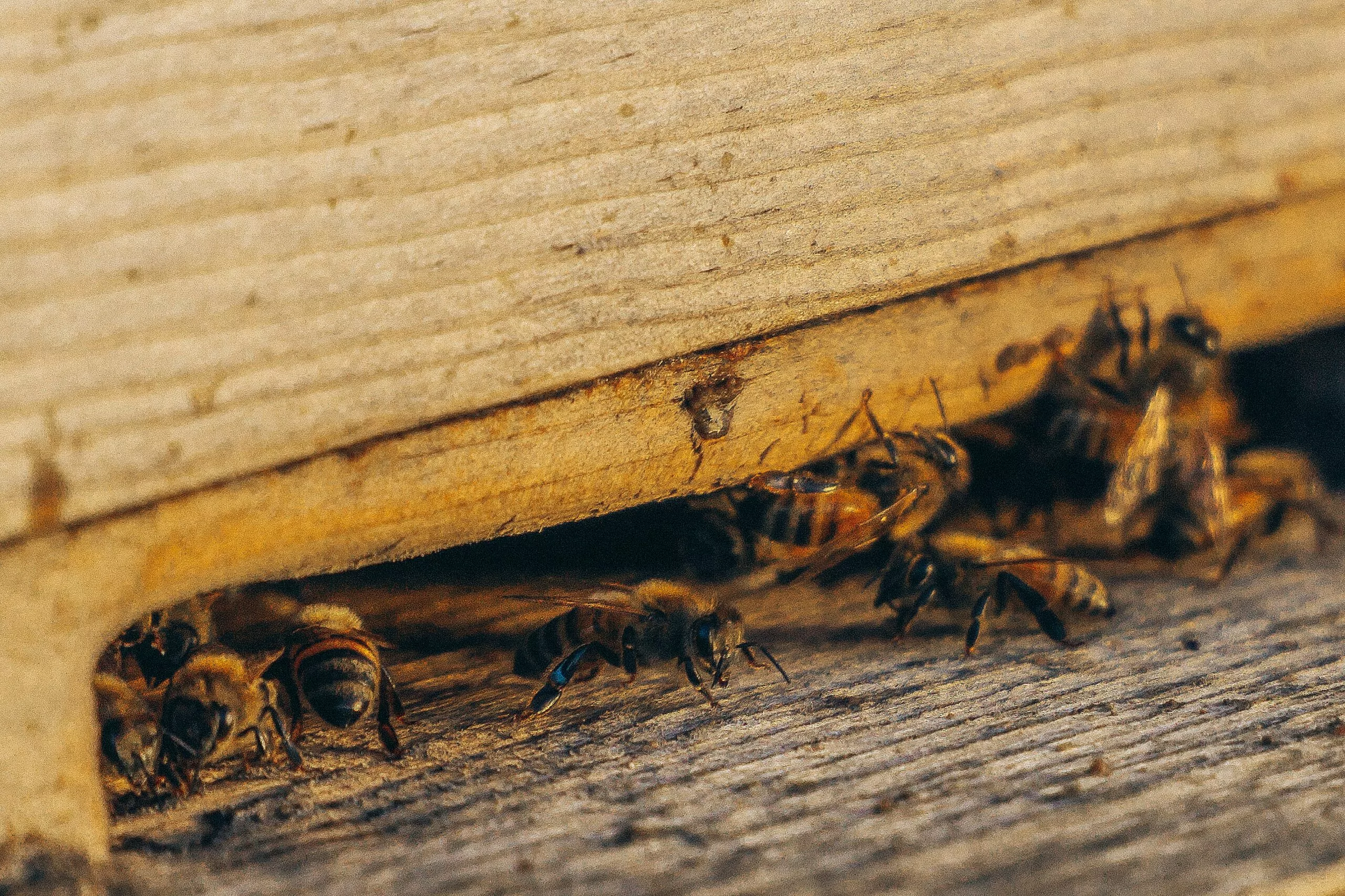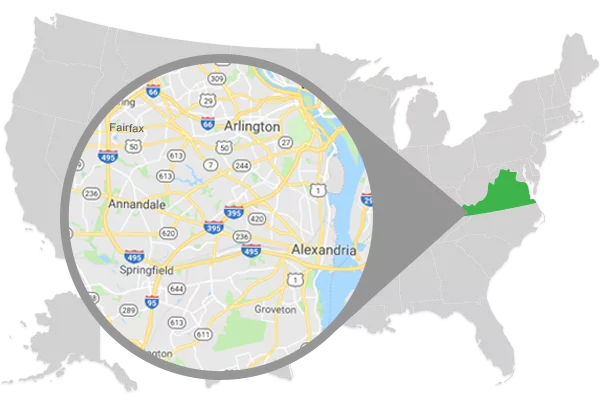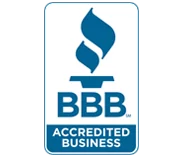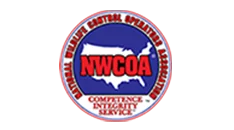
What is insect farming?
France will house the world’s largest insect farm in the world called Ϋnsect, set to open in early 2022. Insect farming is a sustainable way to produce low carbon protein. The insects are used for things such as protein sources for livestock, pets and even people. Insects are being farmed because there is a need for cheap and reliable feed for livestock and other animals. In many countries, soybeans are a source of feed for farm animals, but soybeans are becoming more expensive to produce and are leading to deforestation and the overuse of chemicals. There are currently 1900 known insects that can be consumed by humans and animals, but the most commonly farmed insects are honey bees, cochineal bees, cockroaches, silkworms, waxworms, mealworms, buffalo worms, lac insects and crickets. Not all the insects that are farmed are used just for feeding purposes. Some insects, like honey bees for example, produce bee pollen, propolis, royal jelly and beeswax which have multiple beneficial uses.
The goal of Ϋnsect is to eventually expand into the Asian and United States market. A partnership with the United States will allow them to provide wet food for pets. The company is currently providing feed for pets and fish and livestock animals. The brand doesn’t currently make the insect-based feed for human consumption, but there will possibly be a need or desire for these products in the future.
What are the benefits of insect farming?
Insect farming is great for the environment, the energy used and the emissions created from farming insects is less significant than the production of meat and other protein sources. Insects produce less greenhouse gasses and less ammonia than cattle or pigs. There are also health benefits associated with the production of farmed insects because they are higher in protein and less diseases spread than meat production (H1N1, mad cow and salmonella).
What are the potential risks involved with insect farming?
Some risks of insect farming are that we don’t know every suitable species or if eating them will have long-term negative effects on people and animals. We also don’t know if these insects can pass along diseases to animals or people.
How are farmed insects processed?
After insects are farmed, it is important to clean them thoroughly, remove any dirt and debris through a sifting process and then clean with water. Next, the naturally occurring enzymes in the insects have to be inactivated. Following the inactivation of the enzymes, the insects have to be heat treated so if there was any bacteria growth, it will be removed. After the heating process, the insects are dried to maintain a less than 10% moisture level to maintain their freshness and increase their shelf-life.
Do we farm insects in the United States?
While we do not currently have any insect farms in Virginia, there are about 93 insect farms throughout the United States that produce insects for a variety of purposes. The insects produced are not on such a large-scale as the Ϋnsect, but they are part of a small yet growing industry. In the United States, insects are used for a variety of purposes including fishing and other recreational activities as well as consumption by other animals and even people. People have been eating insects as a form of nutrition for years now, mostly in other countries. With the expansion of insect farming into the United States and being a growing market with potential, eating insects will most likely become more widely accepted and done.
What is the future of insect farming?
Insect farming is already occurring globally on small scales. With the expansion and growth of the market and desire for continued growth, insect farming is projected to steadily grow as the years go on. In terms of sustainability and resourcefulness, insect farming will help reduce waste, space and ultimately impact our environment for the better.
What is pest management and why is it important?
Insects are necessary for our environment, and as we can see, the production of them can help create an eco-friendly, sustainable food source. However, it is also important to regulate them and get rid of them when they are causing problems for you and your home. Pest control in Northern Virginia is essential for a variety of reasons, mainly because pests are a nuisance and do not belong in your home. Secondly, pests can be carriers of harmful diseases that can leave you and your family sick. Some pests bite or sting and may cause lasting or even life- threatening health problems such as rabies or Lyme disease. Additionally, pests can cause structural damage to your home or property. Carpenter bees and termites for example can eat and drill away at wooden structures. Rats and mice can chew on things and urinate and defecate spreading germs and viruses.
Are you in need of a pest control or pest management program?
Sometimes, it can be challenging to know whether pests are visiting temporarily or if you have a pest control problem. Determining whether you have a pest control problem or not is best done by a professional pest control technician who is skilled and trained in all things pest-related. At Summit, we offer a free pest control inspection and estimate, where a pest control technician will come out and determine what the problem is, what is causing the problem and what the best solution is. Pest control and pest management is important because some pests can cause damage to your home or even be potentially dangerous to you and your family.
Pest control in Northern Virginia
In Northern Virginia, there are a variety of pests ranging from mice to spiders. Pest control has its benefits when compared to extermination. Pest control is more gentle, targeted and better for the environment in comparison to the harsh techniques and chemicals used in extermination. For all your pest control needs, in Fredericksburg, Fairfax, Alexandria and Arlington, VA, contact us today to schedule a free estimate or to hear more about what kind of services we offer.












